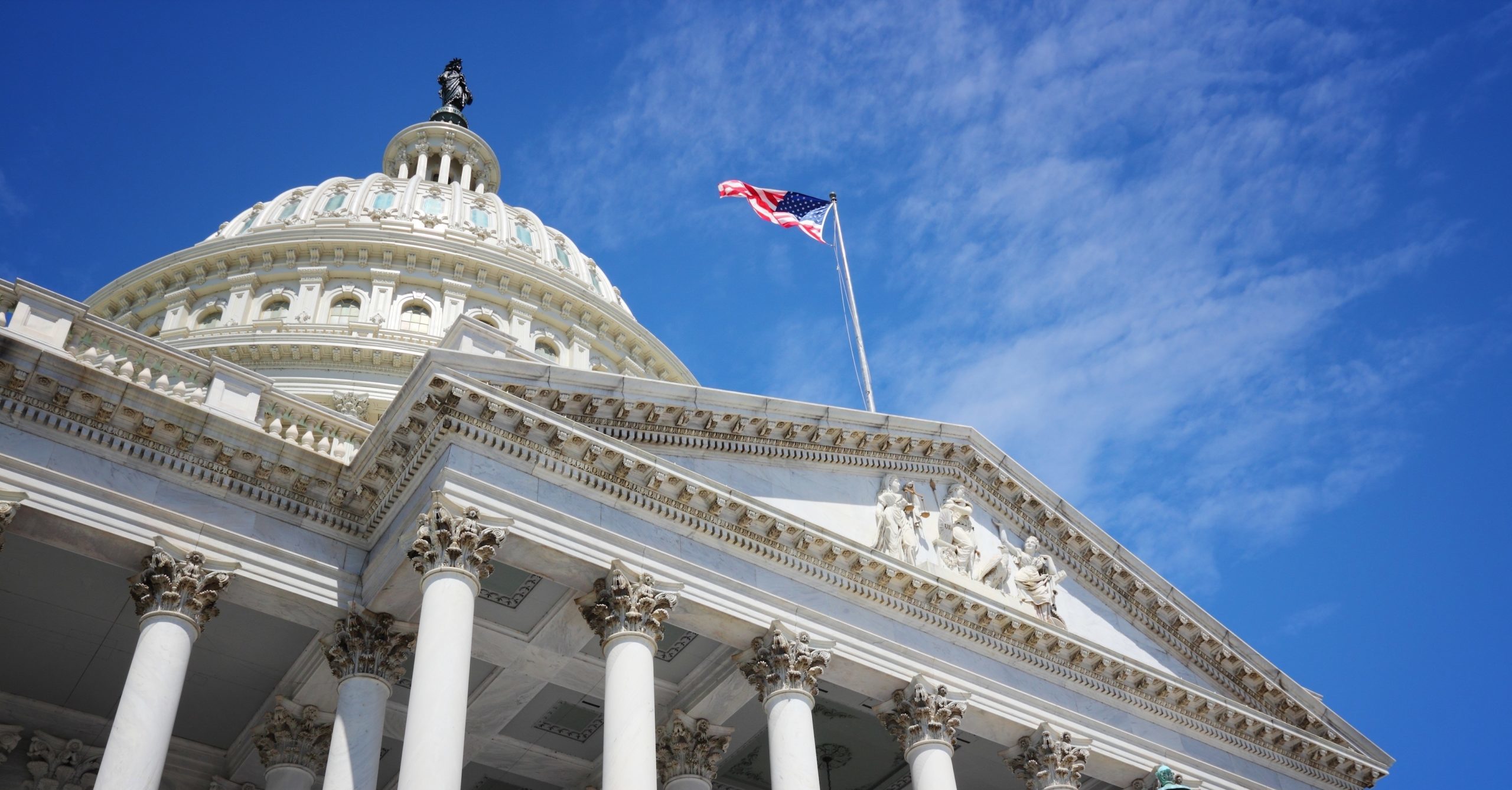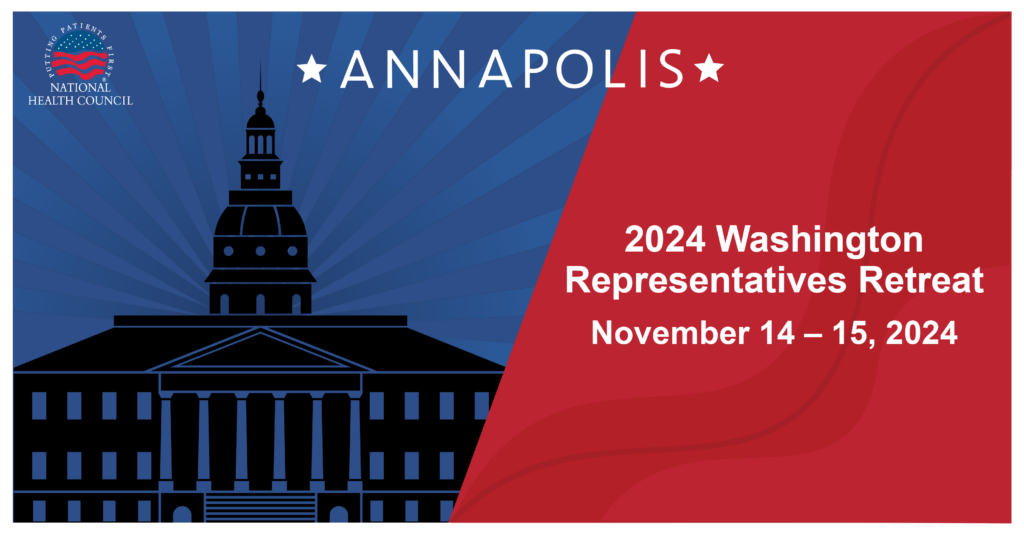

Legislative Update: Congress Extends Funding for Patient Programs
September 30, 2024
By: Allen Pinn, Policy Coordinator
Election Day 2024 is coming in fewer than 40 days, and Congress will remain in recess until November 12, a week after the elections. Prior to adjourning for recess, the House and Senate passed a continuing resolution (CR) to keep the government funded through December 20. The measure passed 341-82 in the House and 78-18 in the Senate. President Biden signed the legislation into law Thursday, September 26.
With the funding deadline occurring after the November elections, the next round of negotiations will be impacted by the election results. The NHC will be working to ensure that the December funding package includes health policy priorities of most important to patients including extending telehealth access, limiting the use of step therapy and other utilization management processes, increasing transparency in the health care system, and more.
Under the September CR, several programs were extended that provide increased access to quality health care for patients.
Extension of Priority Review Vouchers
FDA Priority Review Vouchers (PRVs) for rare pediatric diseases were extended through December 20, 2024.The goal of the rare pediatric disease PRV program is to incentivize drug development for rare pediatric diseases. The approval process for new medical devices or drugs is known to be a lengthy, but the PFVs can be used to expediate the drug approval process and have a proven record of accelerating the development of treatments for rare pediatric diseases. Earlier this month, the House Energy and Commerce Committee unanimously passed H.R. 3433 the Give Kids a Chance Act, which reauthorized the voucher program through 2029.
No Surprises Act Implementation Funding
Established under the Consolidated Appropriations Act of 2021, the No Surprises Act aims to mitigate the issue of surprise medical bills for patients. The Act went into effect January 2022 and created billing requirements including cost-sharing rules and notice and consent requirements. The CR extends the period of funding for the Department of Health and Human Services, Department of Labor, and Treasury Department to implement the No Surprises Act through September 30, 2025.
Medicare and Medicaid Extensions
Established in 2008, the goal of the Medicare Improvement Fund is to improve upon the original Medicare program, primarily Parts A and B. Under the CR, the Fund distributes $3.2 billion through fiscal year 2026. The CR also provides $27.1 million to the Northern Mariana Islands to address a shortfall under the territory’s cap on federal Medicaid funding in fiscal years 2023 and 2024. Lastly, the CR delays pending Medicare payment reductions and data reporting periods for the Clinical Laboratory Fee Schedule under the Protecting Access to Medicare Act by one year.
Funding for Veterans’ Benefits
Before adjourning, the House and Senate passed a $3 billion supplemental funding bill, allowing the Department of Veterans Affairs to close an expected funding shortfall and avoid a delay in paying veterans’ benefits. This bill now heads to President Biden’s desk to be signed into law.
Looking Ahead
The NHC will continue to closely monitor how Congress navigates the lame duck session, which will prove to be crucial time to act on important legislation such as telehealth flexibilities, health care system transparency, step therapy protocols and other utilization management processes, and much more.
NHC members should be sure to keep up with the latest updates on our membership platform NHC Connect, a web-based community where NHC members can access critical information and content to drive strategic policy impact and directly engage with each other.


